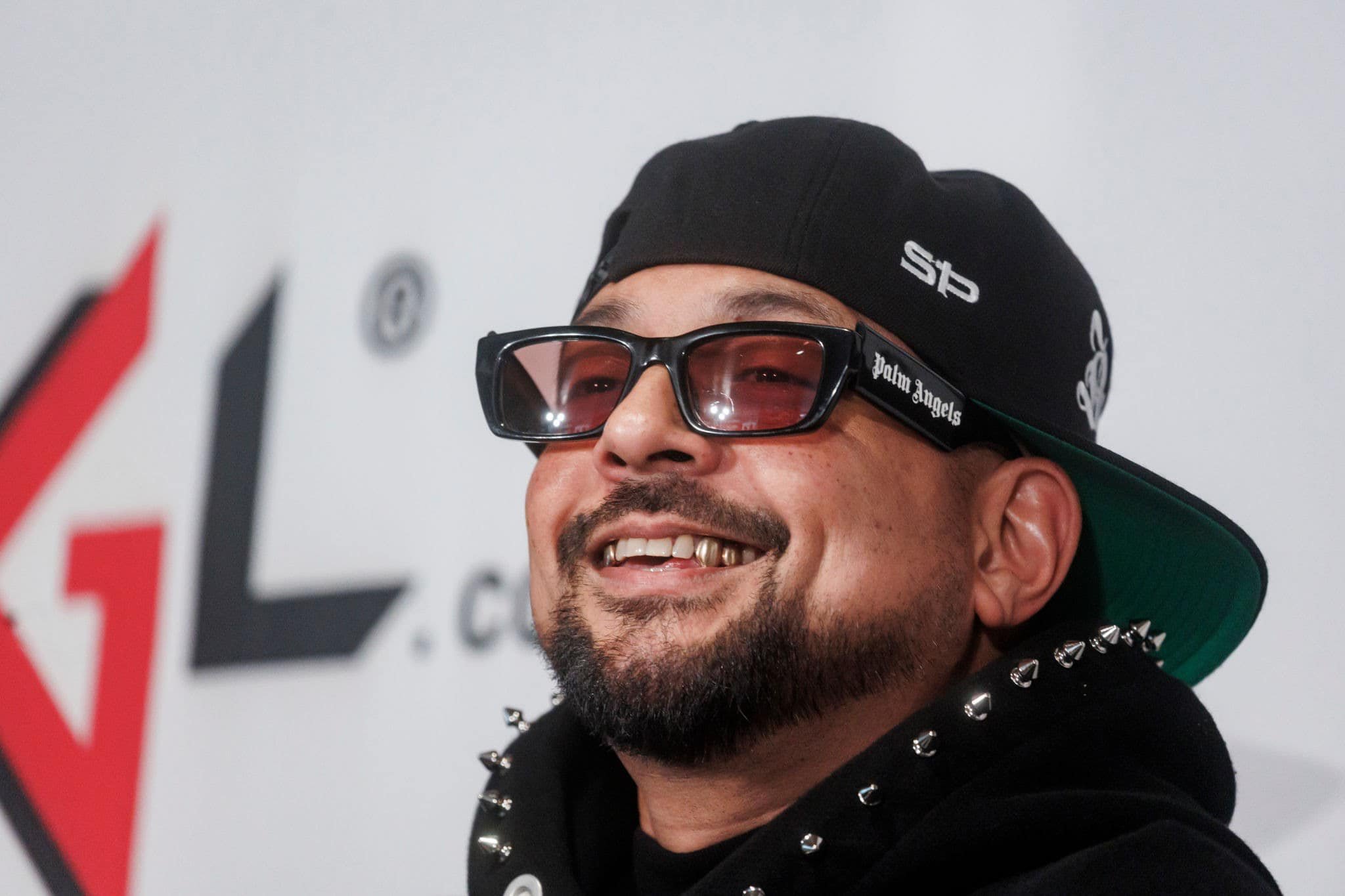How Sean Paul Got The Breakthrough and Got Busy
Can you imagine Sean Paul at the Olympics as a water polo athlete?
Sean Paul's father was a national water polo sensation, and folks in Kingston thought the son had the genes and the ability to live up to daddy's name. It was part of the societal pressure that boxed people to follow in their parent's footsteps.
A few years of water polo were enough for Sean Paul. He wanted something with more juice, and music became his next calling. He started singing cultural music, you know, speaking about the ghettos and conditions afflicting the people. No one cared about that kind of music. People accused Sean Paul of cultural appropriation, seeing that he was born in a middle-class family and there he was pretending to speak about the ghettos. His message was deemed inauthentic.
After six years of singing and no breakthrough, Sean Paul started to feel like he had made a big mistake. His friends pressed him to drop the music thing and get a life. Then, by happenstance, he met a producer called Jeremy Harding.
Jeremy Harding saw the talent in Sean Paul. His goal was to make him more marketable. He figured Sean Paul had one weakness: messaging.
In a documentary on the story behind the song Get Busy by Vice, Harding talks about what he changed in Sean Paul:
"He started making what we like to call cultural records," I asked him. Have you ever made a party song, like a girl's record? Because knowing his background to try and sing cultural records about what's wrong in the ghetto, for example, it was like, 'Nah, not from you."
Sean Paul was agreeable to the correction. Harding's message had hit a nerve:
"You're not gonna be the person to preach…why don't you sing about what you are?"
Two things happened. Sean Paul's music morphed into talking about girls and parties. Concurrently, the Jamaican diaspora, especially in America, was pivotal in elevating his music at parties, clubs, and so on.
Working with VP Records, Sean Paul gave the world "Gimme the Light." It was his first hit, and Atlantic Records took note and signed him.
Signing with Atlantic Records was a step in the right direction. It wasn’t long before he met met Steven "Lenny" Mardsen probably the person who changed Sean Paul's music career for the best
See, Sean Paul describes Lenky as the reggae Jesus. In early 2000s, Lenky's work lit up the world through folks like Wayne Wonder, Kevin Little, and others. Even Rihanna’s Pon De Replay had a bit of Lenky’s work. Lenny had created the "Diwali riddim" that changed not only Sean Paul's life, but also his.
The Diwali riddim shoved Sean Paul into international cult hero status. You probably remember the Diwali Riddim from the song "Get Busy."
The lyrics to the song Get Busy were influenced by people close to Sean Paul. while on a walk with his brother, he asked him for advice on some of the lyrics he should use. His brother casually told him to speak about girls and parties. He told Sean to sing about what sexy ladies want to do. We find that answer in the lyrics:
"Yo, sexy ladies wan' par wid us
Inna di car wid us, dem nah war wid us
Inna di club dem wan' flex wid us"
Meanwhile, as Sean Paul was going to the studio to finalize the lyrics for Get Busy, his then-girlfriend , now wife Jodi and her friend Cana put in one request:
"make sure our names are in the song .."
And Sean Paul made their desire come true
“Yo, shake dat ting, Miss Cana, Cana
Shake dat ting, yo, Annabella
Shake dat ting, Miss Donna, Donna
Yo, Miss Jodi and di one name Rebecca, yo”
At its core, Get Busy was a song aimed at telling the story of the Jamaican Diaspora, to paint a picture of how the group of Jamaicans living abroad party, meet up and so on.
See, as Sean Paul became a household name, folks compared him to the popular cricketer Shivnarine Chanderpaul. And that is how he got the nickname Chanderpaul
When Sean Paul toured Kenya, he was given a local treat. His expensive phone that contained some unreleased songs was taken from him for “safe custody…”
The song Get Busy topped US Billboard Hot 100 for 3 weeks.
